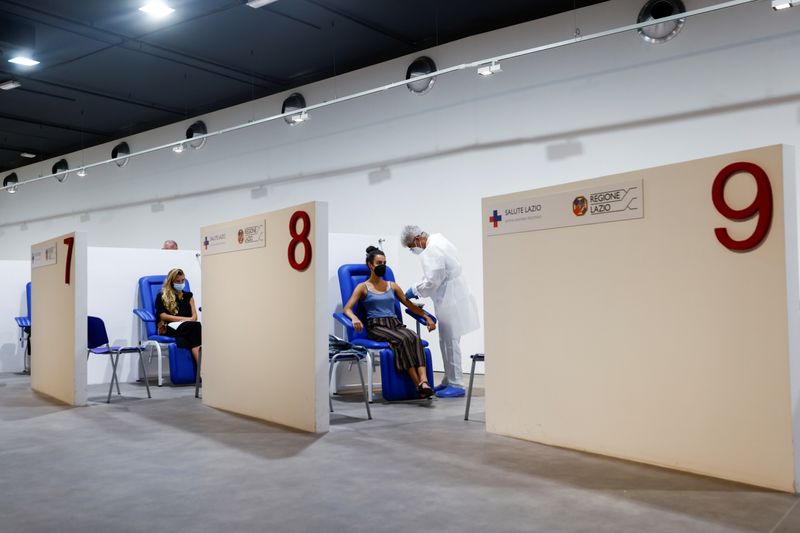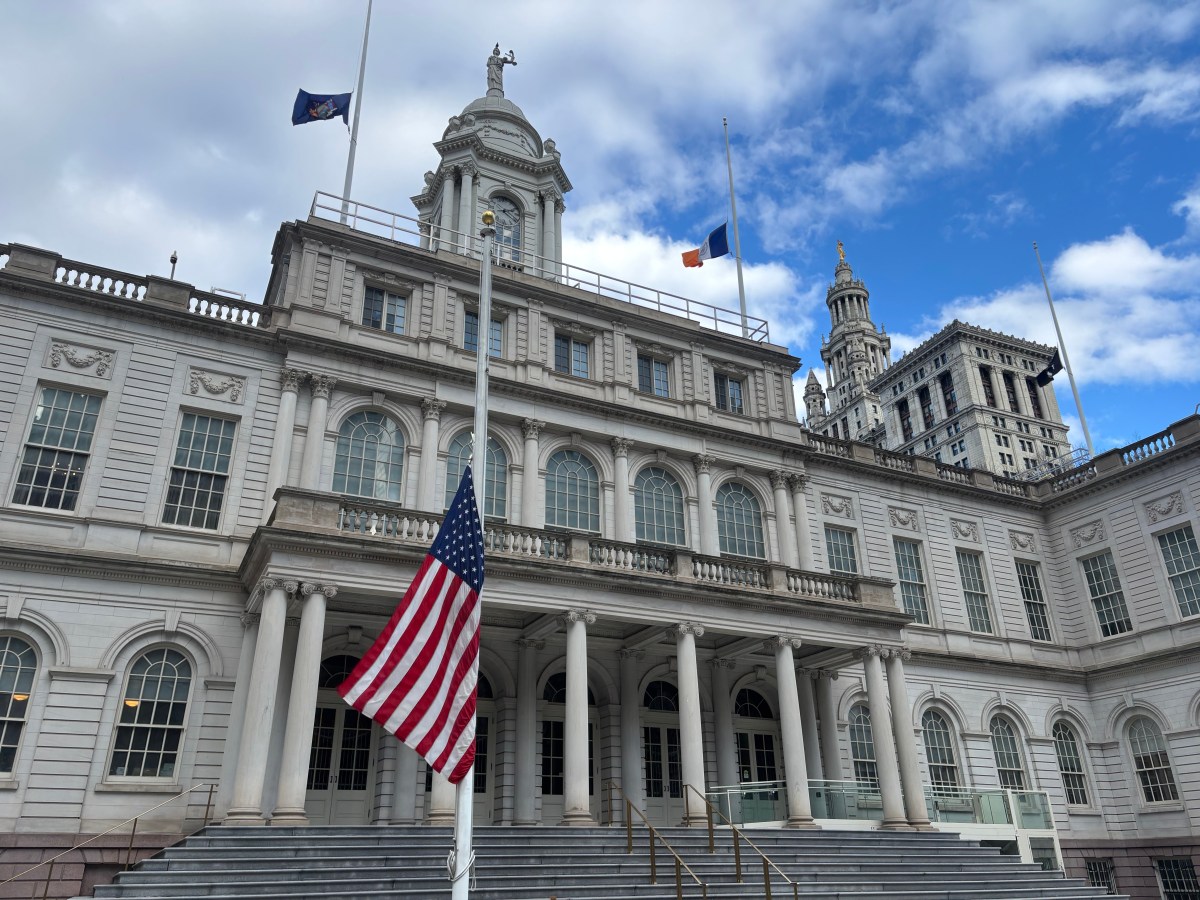ROME (Reuters) -Italy may eventually make COVID-19 inoculations compulsory for everyone of eligible age, and plans to start administering booster vaccine shots later this month to vulnerable people, Prime Minister Mario Draghi said on Thursday.
The government has already made it mandatory for medical workers to get vaccinated if they want to be paid, but Draghi said everyone may be obliged to get a shot when EU health authorities give full approval to the vaccines.
The European Medicines Agency (EMA) has given conditional approval to four vaccines. This could be upgraded to so-called standard marketing authorisation after further checks, at which point, Draghi said, they could become compulsory for all.
Such a move would likely spark fierce opposition in a country that has seen a rise in scepticism about all kinds of vaccines over the past decade and where health experts who have promoted inoculations have faced verbal abuse and threats from No Vax opponents.
Draghi denounced these attacks, telling a news conference that “such violence is particularly odious and cowardly when it is directed against those … in the front line of the fight against the pandemic”.
The prime minister told reporters he was confident that 80% of all Italians aged 12 and over would be fully vaccinated by the end of the month, against 70.5% at present.
He added that his government was planning to further extend the usage of so-called Green Pass health documents, which are currently needed for long-distance travel, access to many leisure activities and are also obligatory for school workers.
Officials said last week they were considering extending the scheme to anyone working in a public office or a supermarket.
The system has triggered protests by some Italians who say it tramples on freedoms.
Some 129,352 people have died of coronavirus in Italy since the pandemic hit last year, the second highest death toll in Europe after Britain. New cases held relatively steady in August, but doctors fear the more contagious Delta variant could cause a fresh spike in infections in the coming weeks.
(Reporting by Crispian Balmer and Angelo AmanteEditing by Frances Kerry)




















